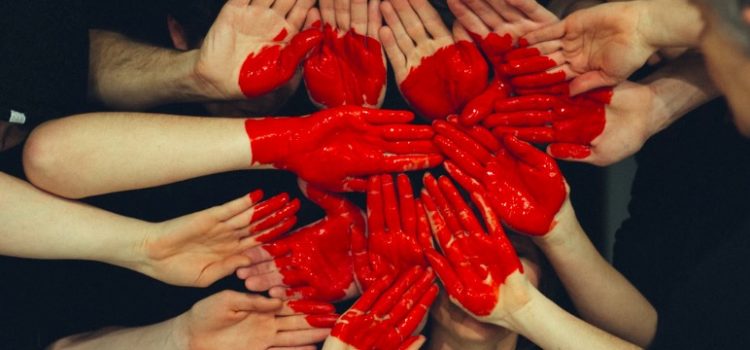What is apotheosis in the hero’s journey? How do cultures typically depict this stage of enlightenment? The apotheosis stage of the hero’s journey is when the hero conquers his fears and the bounds of consciousness to reach a divine state. Ancient cultures often depict this figure of ultimate enlightenment in both male and female forms. For example, ancient Chinese lore embodies both masculine Yang and feminine Yin. Read on to learn more about the Apotheosis stage of the hero’s journey.
Apotheosis—The Hero’s Journey Leads to Nirvana










